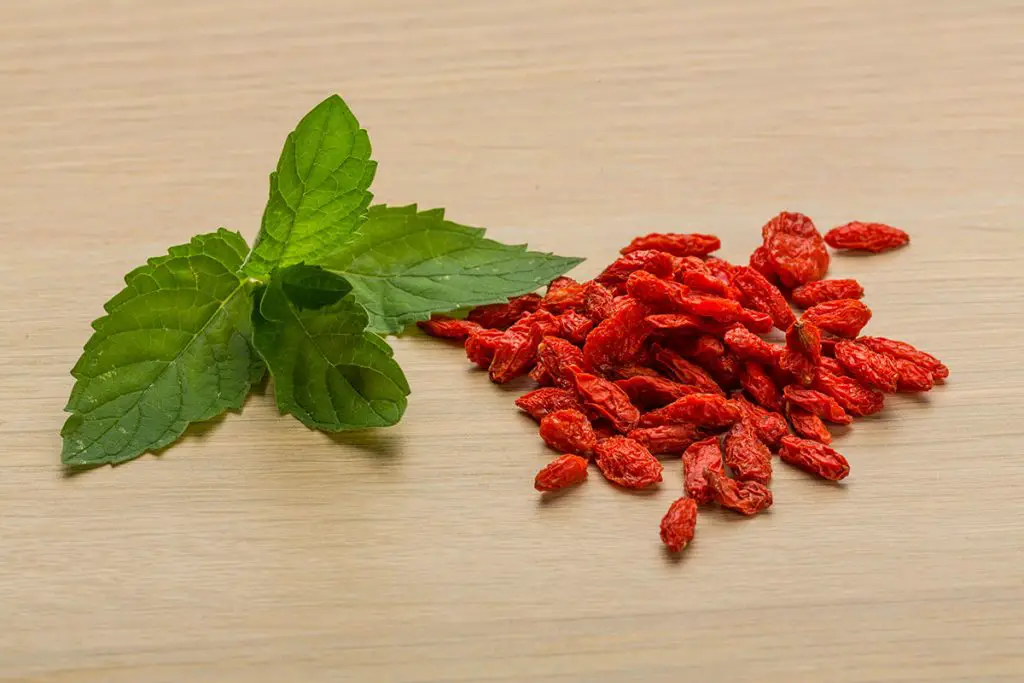Berberine was first used in China and India where it appears in traditional Chinese and Ayurvedic medicine. Used as a dye, it has a distinctive yellow color. Berberine is an alkaloid bioactive compound which occurs naturally in several plants including goldenseal, barberry, tree turmeric, Oregon grape and goldthread. Scientific studies have shown that berberine has many pharmacological uses and benefits including anti-inflammatory, blood sugar (glucose) lowering, and antimicrobial. It is not known to have any acute toxicity concerns.
Berberine activates an enzyme inside cells like a “master switch”. The affected cells are found in many muscles including the heart, kidneys, liver and the brain. Berberine is known to help regulate blood sugar levels and regulate metabolism helping weight loss. People have been known to take berberine for heart failure. Some people have been known to apply berberine directly to the skin to treat burns and to the eye to treat bacterial infections.

Plants Containing Berberine
- California poppy – (Eschscholzia californica)
- Oregon grape – (Berberis aquifolium)
- Barberry – (Berberis vulgaris)
- Golden seal – (Hydrastis canadensis)
- Tree Turmeric – (Berberis aristata)
- Goldthread – (Coptis groenlandica)
Berberine Uses in Traditional Alternative Medicine
Berberine has long been used in traditional Chinese and Indian medicine to treat various ailments. Modern science has now confirmed that it has impressive benefits for several different health problems.
Potential Use for Diabetes
Studies have shown that berberine has an effect on blood sugar levels lowering blood glucose helping to prevent and treat type II diabetes. This includes helping with side effects such as diabetic cardiovascular disease and neuropathy. Additional studies have also indicated that berberine improves glucose uptake and lipid metabolism disorders.
Potential Use for Gastrointestinal Infections
Diarrhea, gas and bloating can occur due to a range of issues but often stems from excessive bad bacteria in the gut (typically the lower intestine). Those who suffer from small intestine bacterial overgrowth (SIBO) symptoms are often limited to oral antibiotics which have limited success and serious side effects (removal of good gut bacteria). Berberine has been shown to eliminate bad gut bacteria.
Potential Use for Heart Disease
Coronary heart disease can occur with high blood sugar or obesity. Given Berberine’s ability to regulate both, it has a knock-on effect of keeping heart disease in check. In addition, it also stimulates nitric oxide release, increases blood flow, lowers blood pressure and protects against arteriosclerosis. In research published by the University of Maryland Medical Center, people who took berberine for eight weeks had better heart function and were better able to exercise than those who took a placebo.
Potential Use for High Cholesterol
Published studies have shown that berberine reduced cholesterol and triglyceride levels in type II diabetic patients. The pharmaceutical statin therapy increases the risk of type II diabetes amongst other dangerous side effects.
Potential Use for High Blood Pressure (Hypertension)
Berberine has been shown to reduce blood pressure by blocking the release of the enzyme adenylyl cyclase. It relaxes relevant muscles and improved cardiac contraction and act like a calcium channel blocker reducing vascular hardening.
Potential Use for Immune Support
Berberine may help improve immune function by maintaining healthy gut flora, providing antioxidant properties and activating white blood cells. Since your gut and immune system are interconnected in complex ways, berberine’s ability to maintain healthy gut bacteria can keep you from getting common infections leading to sickness.
Related Products You May be Interested in

Berberine + Bitter Melon & Banaba Immune System Boost – Supports Glucose Metabolism & Healthy Blood Sugar – Cardiovascular & Gastrointestinal Support – Weight Management & Fat Burn from Vitalite Now
The Herbal Resource may receive a small commission from sales of specific product (but at the same price to you).
Potential Use for Weight control
Two studies have focused on the effects of berberine on weight. In one 12-week study in obese individuals, 500 mg taken three times per day caused about 5 pounds of weight loss, on average. The participants also lost 3.6% of their body fat. Another more impressive study was conducted in 37 men and women with metabolic syndrome. This study went on for 3 months, and the participants took 300 mg, 3 times per day. The participants dropped their body mass index (BMI) levels from 31.5 to 27.4, or from obese to overweight in only 3 months. They also lost belly fat and improved many health markers. Scientists believe that the weight loss is caused by improved function of fat-regulating hormones, such as insulin, adiponectin and leptin.
Side Effects and Toxicity of Berberine
Berberine has a solid safety profile. However, side effects tend to be related to digestion including cramping, diarrhea, flatulence, constipation and stomach pain.
Thank you. That was a fine, concise review of berberine.
Many thanks 🙂
I would like more info, on Berberine. Please. Reg Ramm
Hi
Turmeric is combined with berberine in some health products, but
Cúrcuma longa definitely does not contain berberine and is like Ginger an Iris like plant, not a tree. Tree Turmeric may refer to a completely different plant.
Tree Turmeric is actually Berberis aristata an Ayurvedic medicinal herb from India rich in berberine.
Thanks for finding that. Article has been corrected to reference the proper latin name of Tree Turmeric.
Is 1,500 mg three times a day toxic to liver and kindney for sibo